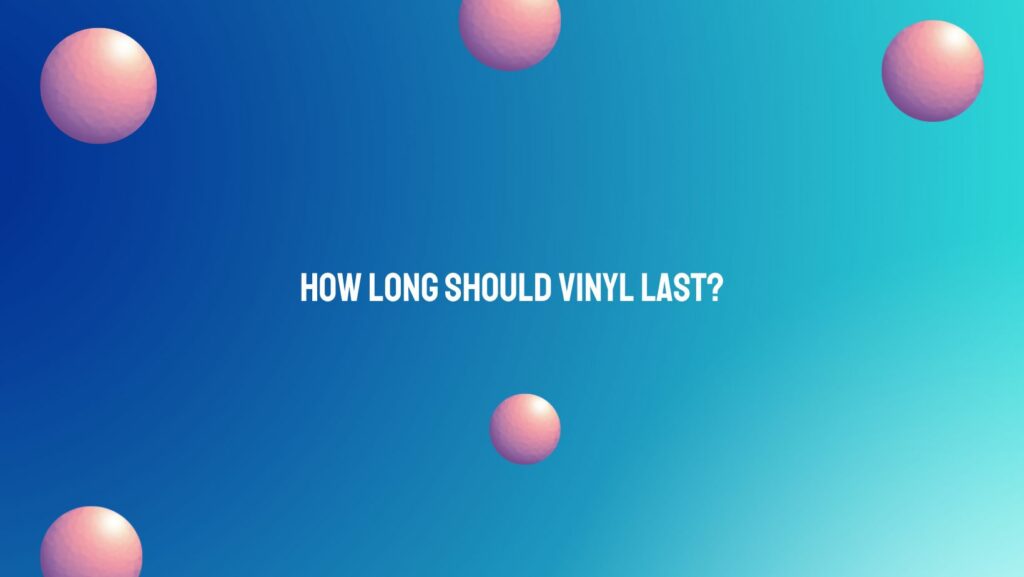Vinyl records, revered for their warm sound and nostalgic charm, hold a cherished place in the hearts of music enthusiasts worldwide. Yet, questions about the lifespan of vinyl records and their durability over time persist. In this article, we delve into the nuanced dynamics surrounding the longevity of vinyl records, examining various factors that influence their lifespan and offering insights into effective preservation techniques.
The Nature of Vinyl Records: Vinyl records, composed of polyvinyl chloride (PVC), are durable analog mediums designed to withstand repeated playback and handling. The lifespan of a vinyl record depends on several factors, including manufacturing quality, storage conditions, handling practices, and playback frequency.
Manufacturing Quality: The quality of vinyl records varies depending on factors such as production techniques, materials used, and manufacturing standards. Records pressed from high-quality vinyl and produced using meticulous manufacturing processes tend to have a longer lifespan compared to those of lower quality. However, even well-made records are subject to wear and degradation over time if not properly maintained and cared for.
Storage Conditions: Proper storage is essential for preserving the integrity of vinyl records and prolonging their lifespan. Records should be stored vertically in sturdy record storage boxes or shelving units to prevent warping and distortion. Additionally, records should be kept away from direct sunlight, heat sources, and moisture, as exposure to these elements can accelerate deterioration and damage.
Handling Practices: Gentle handling is crucial for minimizing the risk of damage and extending the lifespan of vinyl records. Records should be handled by the edges or label area to avoid touching the grooves, which can transfer oils and dirt to the record surface. Proper cleaning and maintenance of playback equipment are also important to minimize wear and preserve playback quality.
Playback Frequency: The frequency of playback influences the lifespan of vinyl records. While records are designed to withstand repeated use, excessive playback can contribute to wear and tear on the grooves, stylus, and playback equipment. Rotating records in your collection and using proper playback equipment can help minimize the impact of frequent use and prolong the lifespan of vinyl records.
Conclusion: The lifespan of a vinyl record varies depending on several factors, including manufacturing quality, storage conditions, handling practices, and playback frequency. By understanding these factors and implementing effective preservation techniques, vinyl enthusiasts can extend the life of their cherished collections and continue to enjoy the timeless magic of analog sound for years to come. With proper care and attention, vinyl records can remain a cherished medium for music appreciation and cultural heritage, enriching the lives of generations to come.


